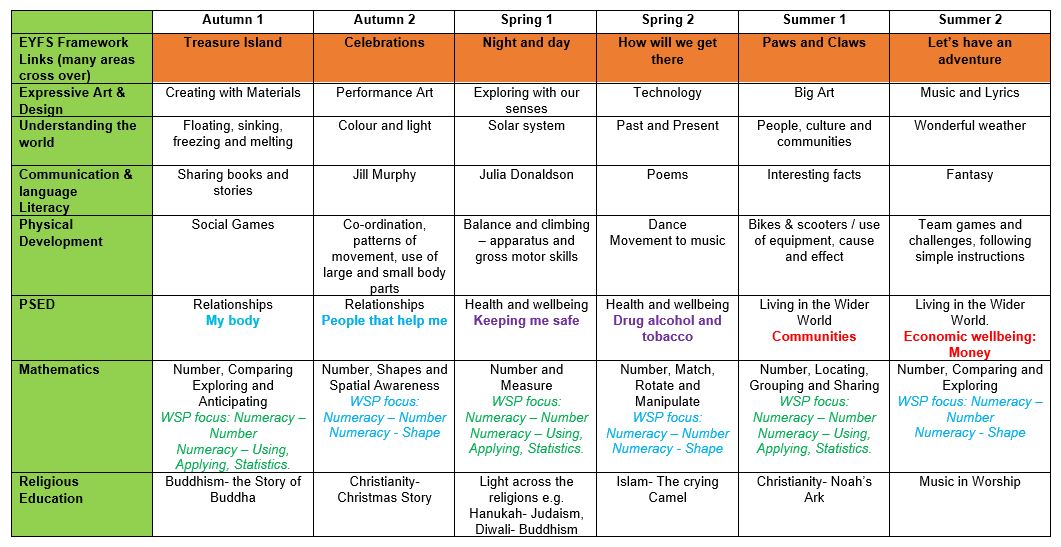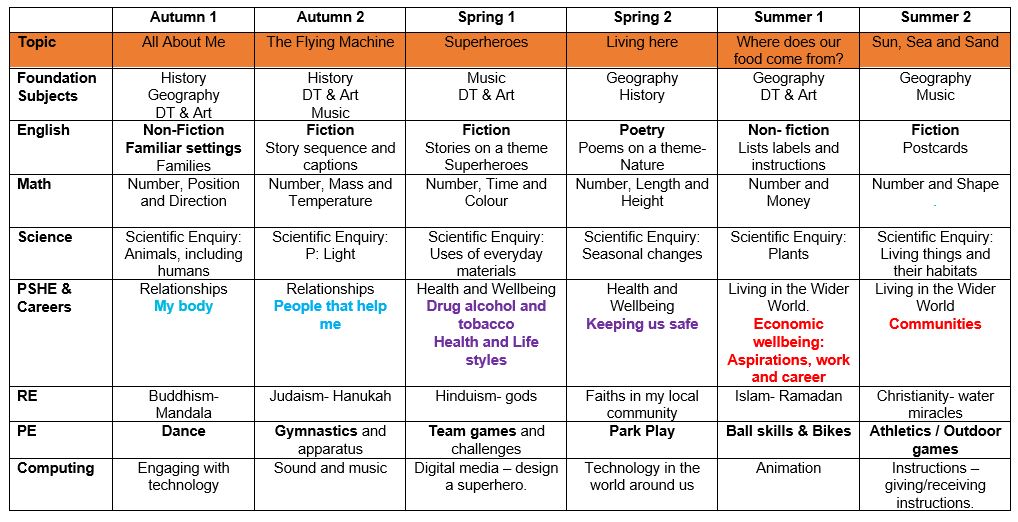Curriculum and Assessment
You can see here our plans and topics for different groups.
Conishead

Ford Park

Abbots Wood and Seawood

Grizedale, Bardsea, Hoad and Piel

Sixth Form

Curriculum and Assessment
All of our students follow their own bespoke pathway of learning, taking into consideration EHCP outcomes, physical needs, emotional acceptance and social engagement. Classes structure the day to provide routine, but also to offer accessible learning for all. We look at personal development with a broad curriculum to make effective use of all learning opportunities. These may be found in class, within the school environment, in the wider community and within other areas of the student’s life.
We aim to inspire and empower students to achieve their personal best, providing meaningful experiences that develop them now and prepare them for life after Sandside Lodge School. This is done through staff who are passionate about what they do, who have specific skills in SEND areas and through training. We work together with external professionals who may guide us to maximise resources and holistic learning. We have specialist rooms that support sensory environments or provide alternative learning equipment.